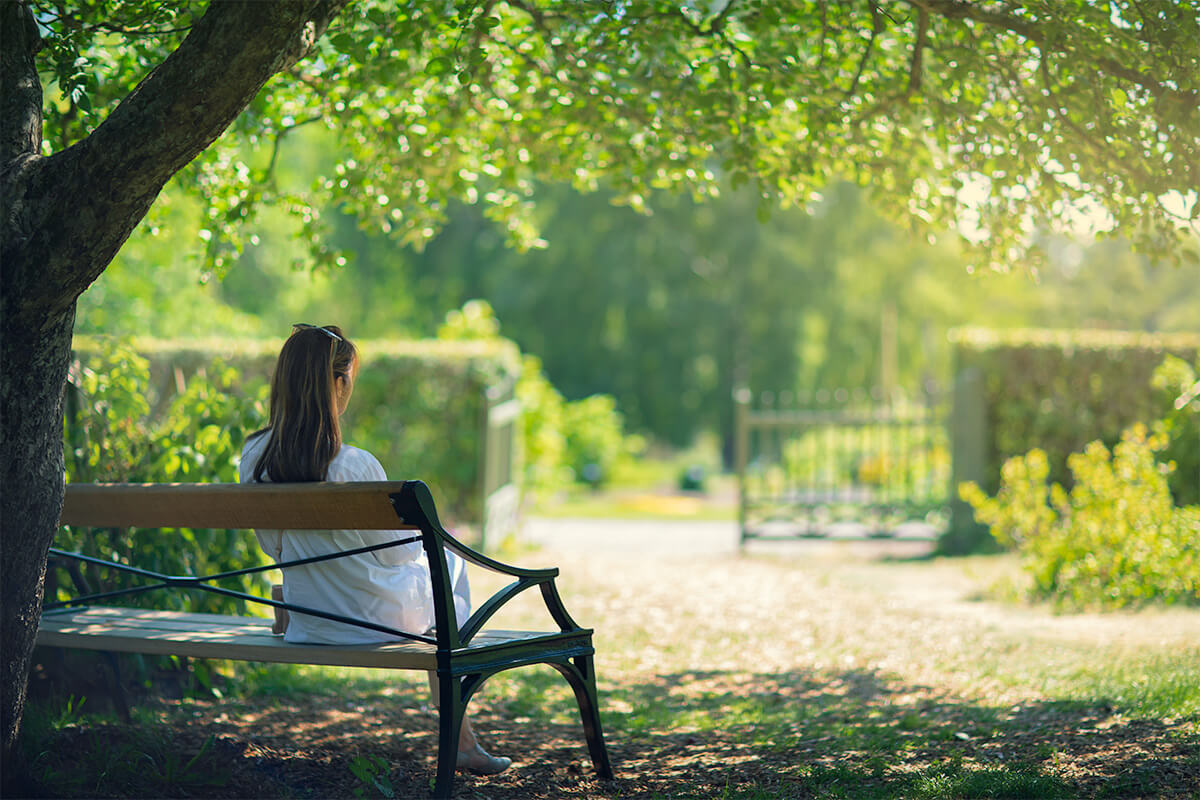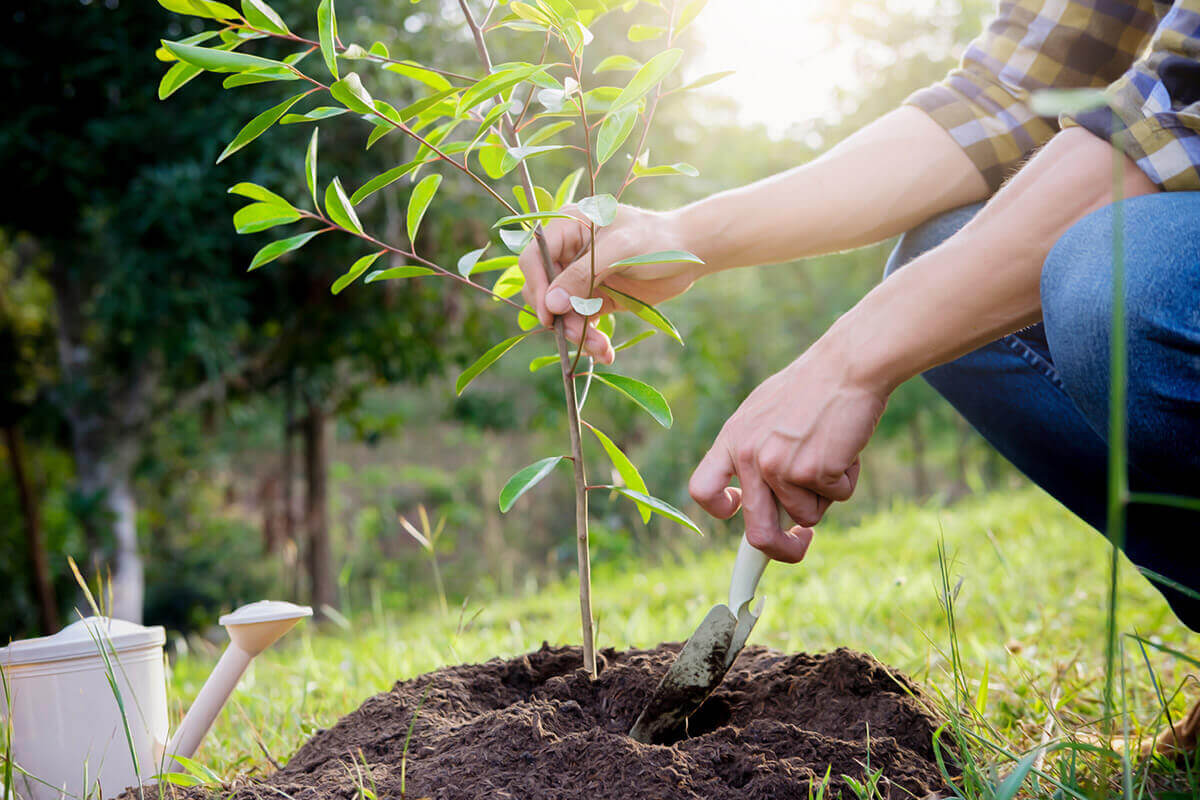Shade from plants and trees reduces summer temperatures, glare, and UV radiation. It improves comfort and can help you save on energy.
Shade is a key consideration to help everyone avoid the damaging effects of sunburn from too much sun exposure. Many people, especially young children, can burn in less than 10 minutes at noon under direct sunlight. That makes shade from trees even more important.
And when the weather warms up, it’s important to have plenty of shade to protect friends and family from the sun while you’re enjoying the great outdoors.
Planting trees improves the liveability of your area. Plus, trees are the most environmentally friendly way to create shade.
"Shade alone can reduce UV radiation exposure by up to 75%. Seeking shade when UV levels are 3 and above can help protect your skin. Protecting your skin from exposure to UV radiation is the simplest and most effective way to reduce your risk of melanoma and other skin cancers."
Cancer Council
Planting tips
Deciduous varieties may be more suitable if you want to allow for more light and warmth during the winter months. Evergreen trees best situated to shade problematic west facades (to shade out that hot afternoon sun), and to hide from unwanted views.
If you have a pergola, consider deciduous climbing vines to provide seasonal shading.
The trick is to figure out where you want shade to be cast to assess an appropriate planting site. Check the sun positions at sunrise, specified times, and sunset to help you plan where best to plant for the beneficial shade outcomes.
The good thing is, if you have shaded areas, you have the flexibility to grow many other species of plants, flowers and vegetables that can’t tolerate full sun.

